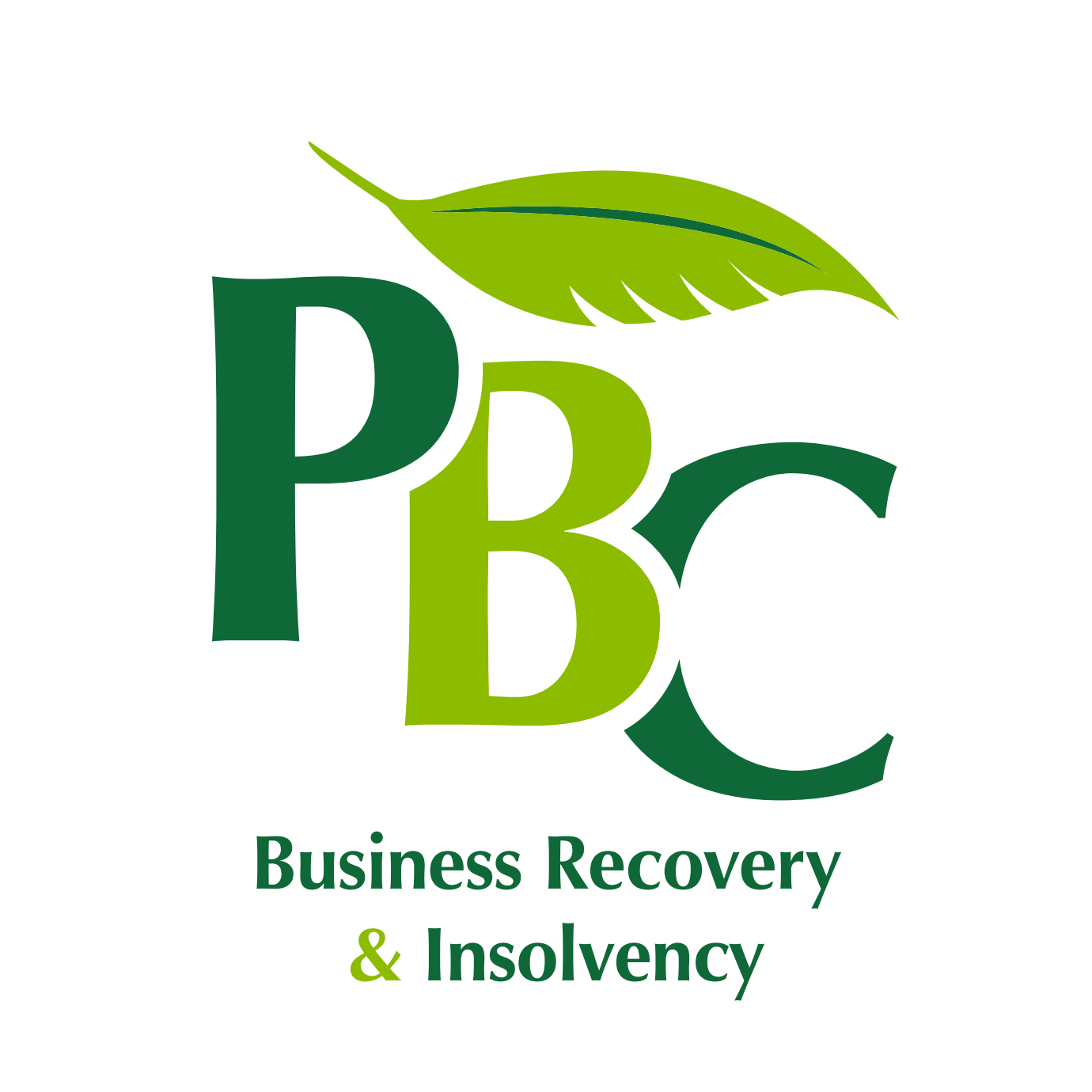
The meaning of substantial
I am sure most directors are proud the first time you order business cards (with your title as director). Expanding as you employ staff. But do you know the duties and responsibilities of being a director? Do you consider you are a responsible director?
Hopefully, your answers are, “Yes” and “Yes, of course I am.” Unfortunately, there are a minority who see directorship as a means to personal financial gain at the expense of third parties.
The Insolvency Service has recently published their latest report on director disqualifications which cites 1,242 directors were disqualified in 2018/19. A director can be disqualified for a period between 2 and 15 years and during this time they are unable to act as a director (without permission of the court) or be involved in the management, promotion or formation of a company. Since 2014 the average disqualification is 5.7 years and breaching a disqualification can attract severe penalties, including up to 2 years imprisonment.
There are many grounds for a director to face disqualification but, in general, the common grounds include:
• Trading whilst insolvent to the detriment of creditors.
• Failure to maintain proper books and records.
• Transferring company assets to avoid creditors.
• Not properly accounting for tax/VAT.
• Multiple insolvencies.
The 2018/19 figures include 70 directors who were disqualified for 11 to 15 years, a period referred to as the “substantial disqualifications”. Looking at the substantial disqualifications it is notable the bulk of these disqualifications (66%) were directors aged in their 40-50s. However, two directors who received a substantial disqualification were over 70 years of age, proving the offence(s) prevails over the age of the culpable director.
So, what does it take to become subject to a substantial disqualification? Well, examples cited by Insolvency Service include:
• Being involved in a multi-million-pound VAT fraud.
• A husband and wife team duping businesses into sponsoring unnecessary educational materials.
• Transferring £2.5 million-worth of company assets to her father-in-law.
When comparing the number of corporate insolvencies to disqualifications the number facing this sanction is relatively low. However, I would suggest if you were a victim to one of these people then one incident is one too many, irrespective of whether it is in the minority or not!
A director (or the board of directors) should never be shy in taking advice, whether that is from the company accountant or solicitor, if there are concerns on whether they may be at risk of not meeting their statutory duties. An insolvency practitioner can add to that advice, based upon both current issues and experience. In short, I would advise directors never to assume but seek advice early.
Should you have an insolvency-related issue or a corporate dispute then please contact PBC Business Recovery & Insolvency on (01604) 212150 (Northampton office) or (01234) 834886 (Bedford office).







